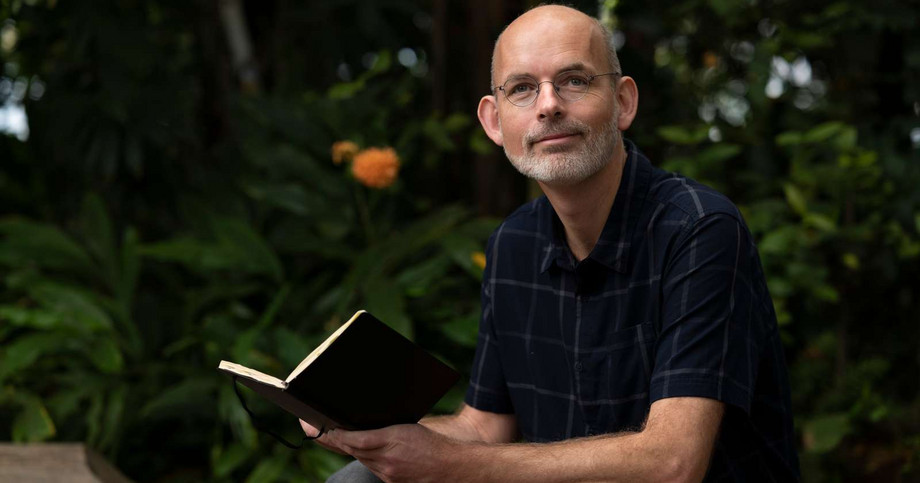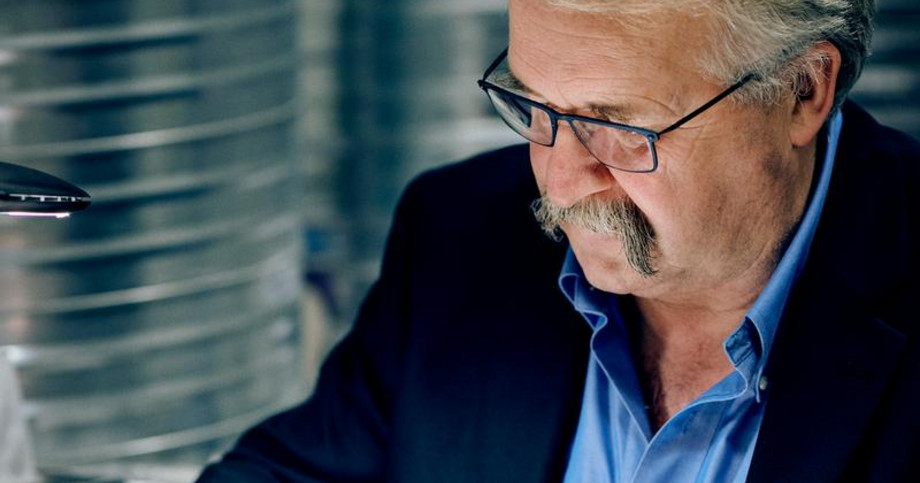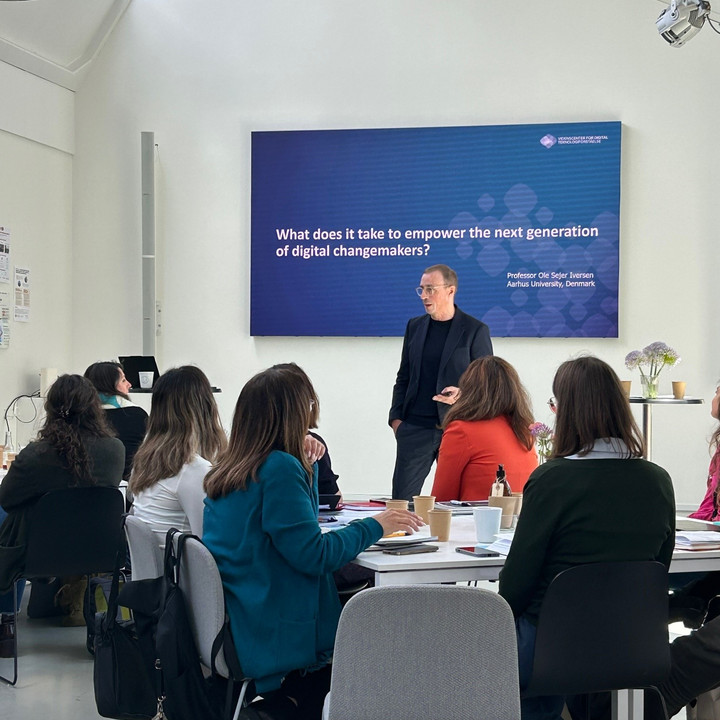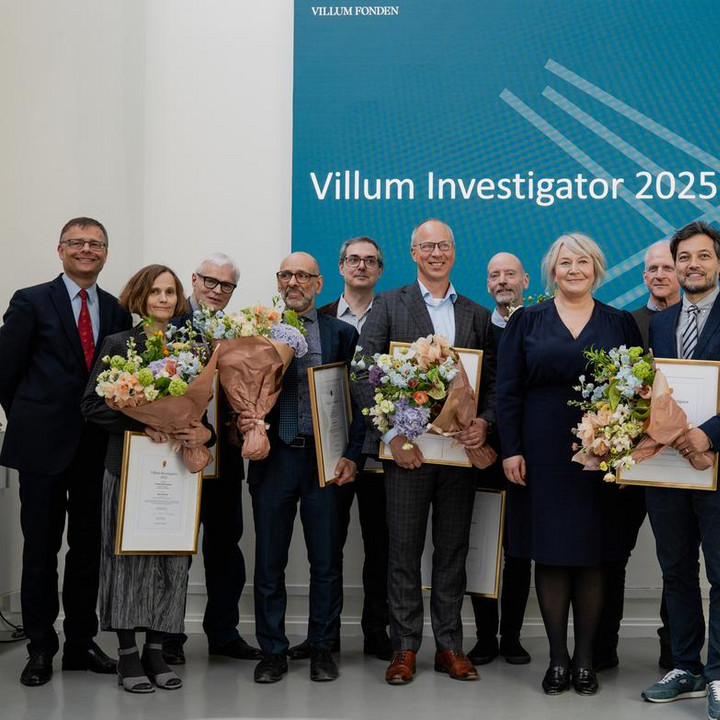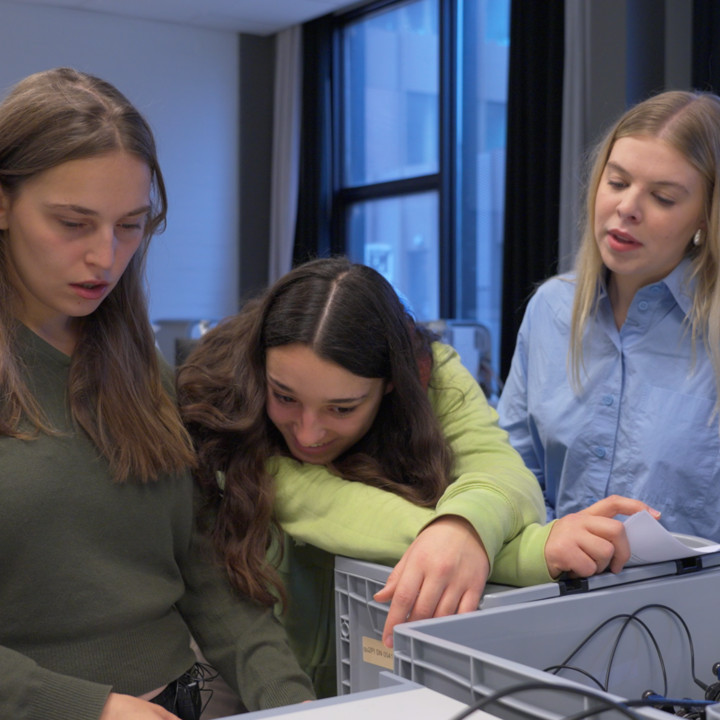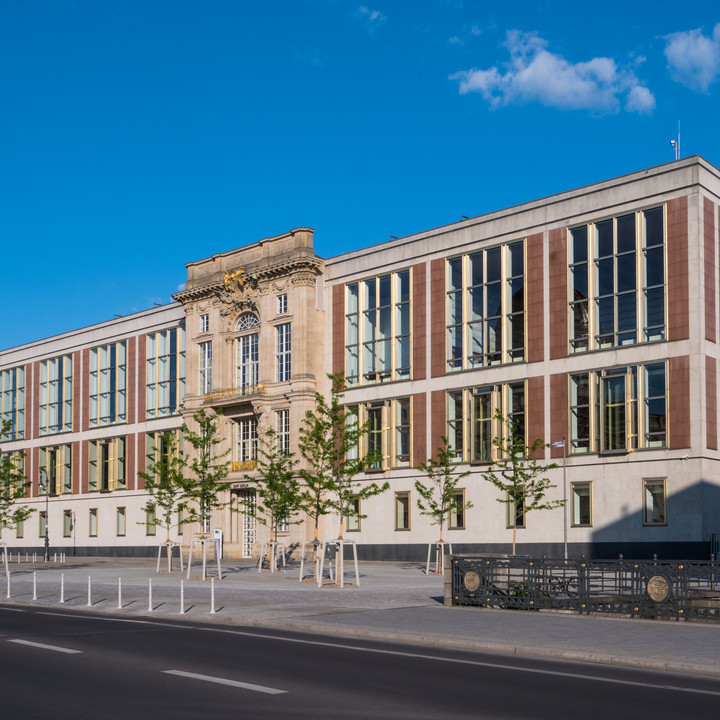Energy and biodiversity - two researchers, one climate
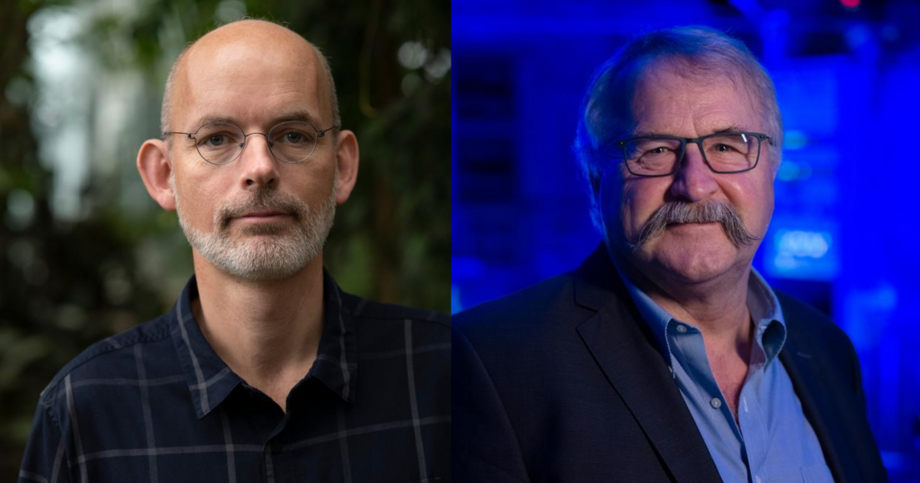
22.1.2021 I More news
Professor Ib Chorkendorff studies catalysts that can help the world transition to a fossil-free energy supply. He will receive Villum Kann Rasmussen’s Annual Award of DKK 5 million.
Professor Jens-Christian Svenning studies biodiversity and ecosystem dynamics to identify the factors that shape, threaten and safeguard the Earth’s biological diversity. He will receive the Villum Kann Rasmussen Annual Award of DKK 5 million.
Ib Chorkendorff
Professor at the Department of Physics and director of 'Villum Center for the Science of Sustainable Fuels and Chemicals', DTU
The Danish Climate Act contains a target of 70% reduction of greenhouse gases by 2030. This alone will be difficult enough to achieve. However, the last 30% will be extremely difficult, as it requires a technology that has not yet been developed. Therefore, there is a need for effective research efforts - now. At the Technical University of Denmark (DTU), a large research project is underway to solve some of the most difficult challenges - a project managed by Ib Chorkendorff.
“We want to have a comfortable life, similar to what we have today, but still be climate neutral. That’s what this exercise is about,” says Ib Chorkendorff.
Among other things, catalysts could be used to store electrical energy from wind turbines in an artificial fuel, so that energy is available when needed. They could also be used to make plastics without the use of fossil fuels, and to make nitrogen fertilisers more energy efficient. Catalysts seem to be the solution to some of the most difficult challenges involved in transitioning to a climate-neutral society.
“It’s the largest personal grant for science in Denmark, and a great recognition of one’s work, so I’m extremely pleased,” says Ib Chorkendorff about receiving the Annual Award.
Jens-Christian Svenning
Professor at the Department of Biology, Aarhus University and Villum Investigator
He is one of the world’s leading biodiversity researchers. He has a unique insight into the role of the climate in ecosystem dynamics, and uses this knowledge to examine the future living conditions of animals, plants and humans.
“Our research shows that if we continue to emit as many fossil fuels as we do now, more than three billion people will have to live with an annual average temperature of 29°C or more by the end of the century,” he says. “This corresponds to the warmest places in the southern Sahara and the Arabian Peninsula today. These would be extreme conditions, almost impossible to live in,” says Jens-Christian Svenning .
Jens-Christian Svenning heads a research centre at Aarhus University that conducts research into the dynamics of biodiversity and ecosystems around the world. The centre’s researchers compare observations from fieldwork with data from satellites and large databases to calculate links and predict consequences in statistical models.
“As a researcher in this field, I see it as a duty to try to find out how we can overcome the biodiversity crisis and reverse this development so we can preserve a rich biodiversity on Earth,” says Jens-Christian Svenning .
Want to know more?
Read in-depth portrait articles on the two recepients of this years Villum Kann Rasmussen Annual Award in Science and Technology.
Jens-Christian Svenning
Finding solutions to the biodiversity crisis
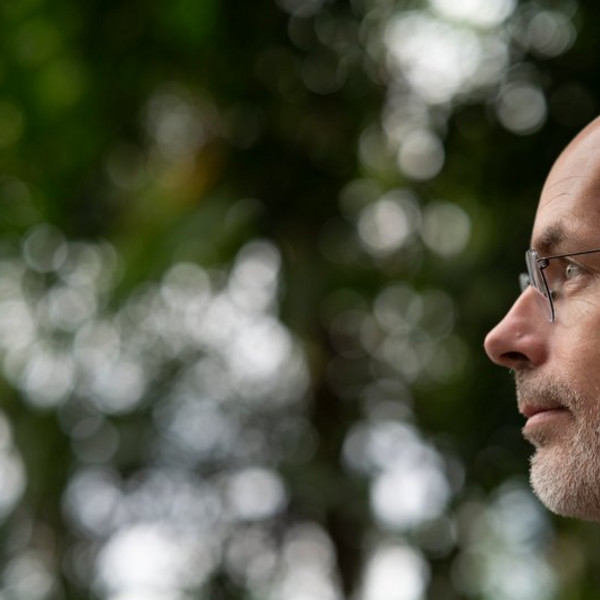
Watch a video portrait here
Ib Chorkendorff
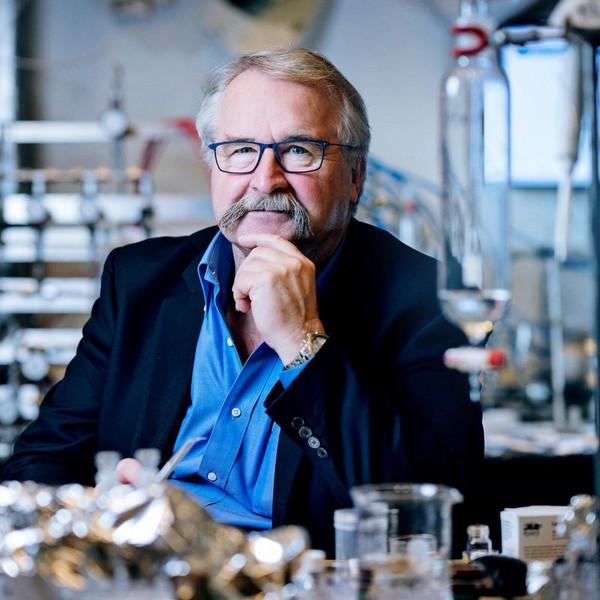
Watch a video portrait here
